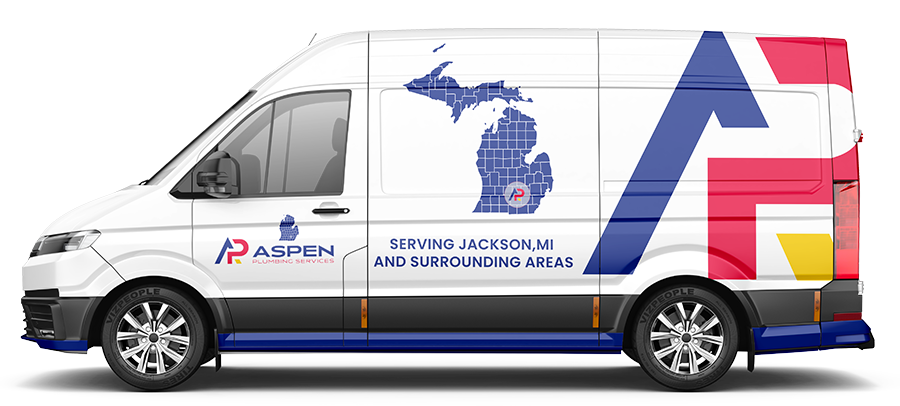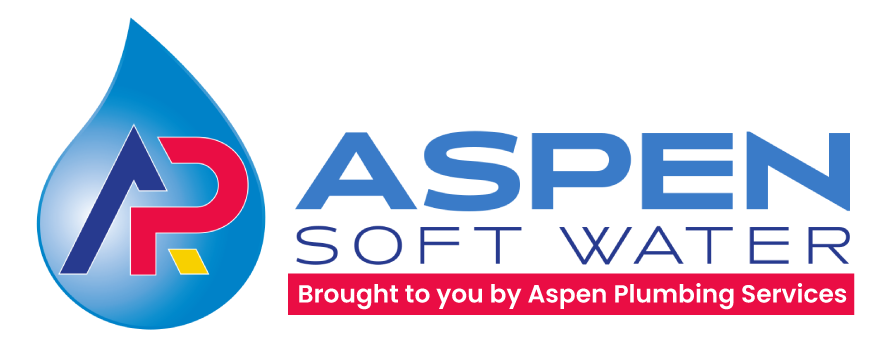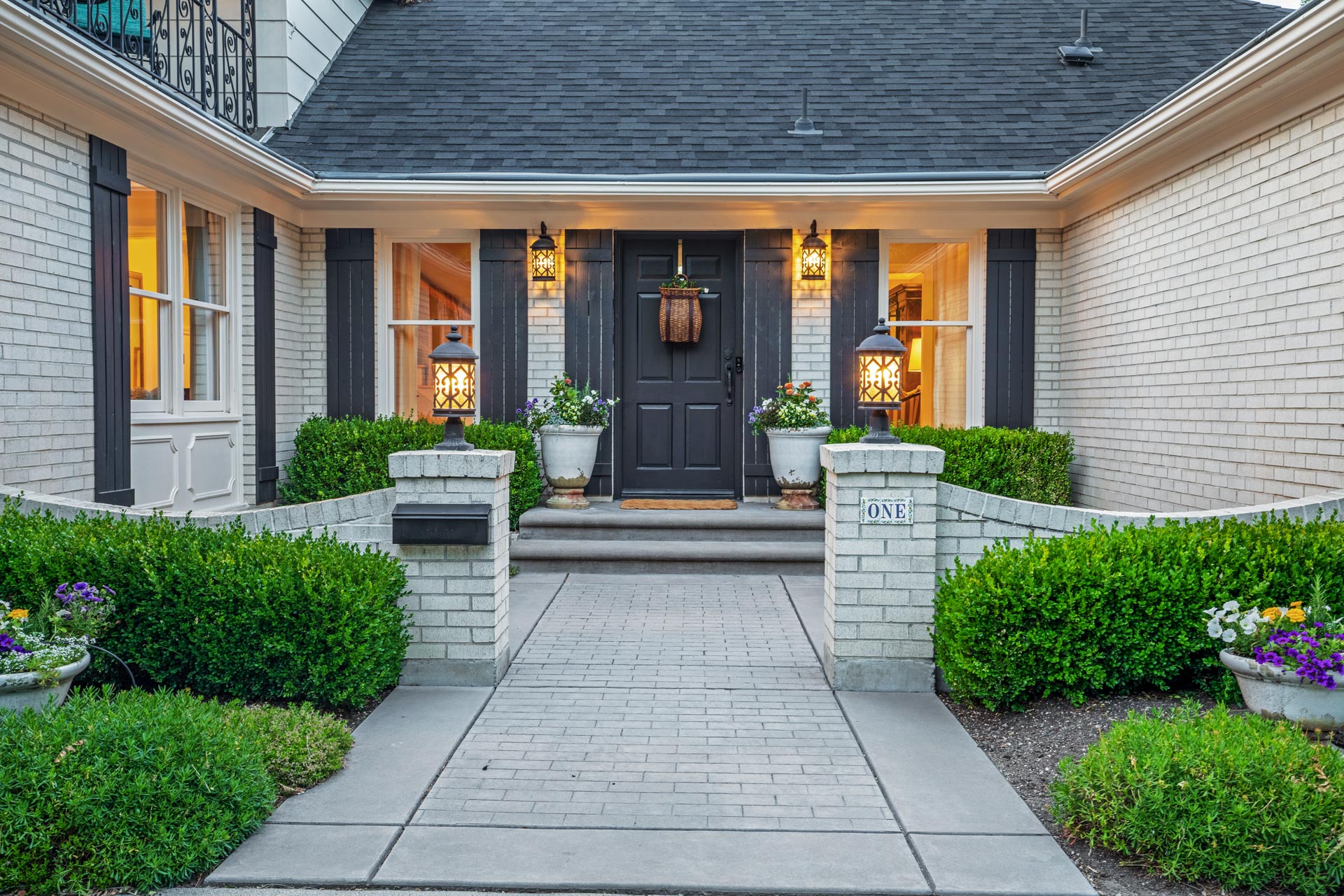Spring Arbor, MI's Plumbing Specialist
We cover a large service area around our physical location and serve all of Spring Arbor, Michigan and many surrounding areas.

Spring Arbor Plumbing Services
As a comprehensive plumbing service provider, we offer a wide range of solutions tailored to meet your needs. From minor repairs to full-scale installations, our expertise covers all aspects of plumbing care. Whether it’s fixing a leak, conducting routine maintenance, addressing drain blockages, or installing new plumbing equipment such as water heaters or softening systems, we’ve got you covered. Our team of highly skilled plumbers is committed to diagnosing and resolving your plumbing issues accurately the first time around.
Plumbing
We are a full service plumbing company that can handle any plumbing repair, service, replacement, etc.
Drain Cleaning
Our expert drain team can tackle any clog you may be experiencing and offer drain cleaning, sewer system cleaning, hydro jetting, and more.
Water Quality
We offer complete water quality solutions including water softeners, water filtration systems, R.O. systems, whole home filters, and more.
Water Heaters
We offer everything from routine maintenance services, to repairs and replacements and specialize in tankless water heater solutions.
Welcome To Aspen Plumbing Services

Aspen Plumbing Services, established in 1981, stands as a beacon of customer-centricity in the plumbing industry. Situated in Jackson, MI, our team comprises adept technicians dedicated to delivering unparalleled service and assurances. They consistently exceed expectations, ensuring each customer enjoys a remarkable experience collaborating with us.

Our Service Area
Why Choose Us?
At Aspen Plumbing Services, we are dedicated to being the trusted plumbing, soft water and drain cleaning and jetting experts, and have been for over 40 years. We serve all of Jackson County and many surrounding areas and our team works hard to ensure our customers get exactly what they need. From using top-of-the-line equipment to making sure our team is well-trained, we strive to provide 5-star service each and every time. Call us today to schedule your service to find out why we have earned a reputation of integrity and quality work.

- In Business Since 1981
- Family Owned & Operated
- Free Estimates On Installations
- Low Interest Financing Available
- Emergency Service
- Available 24/7
- Licensed & Insured
- Performance & Satisfaction Guarantees
Our Family of Home Services

Heating & Cooling

Water Softening/Filtration
Aspen Soft Water is our water quality division that specializes in water softening and filtration.

Drain Cleaning
Aspen Drain Experts is our drain cleaning division that provides drain cleaning and hydro jetting services.
Complete Home Maintenance Plans To Keep Your Equipment Running Strong
Comfort Club

Join Our Comfort Club
What's Included:
- Whole Home Maintenance Inspection
- Whole Home Maintenance Services
- Plumbing System Maintenance
- Water Heater Flush
- Heating & Cooling Maintenance
- Furnace & A/C Tune Up
- Electrical System Safety Inspection
- Carbon Monoxide & Smoke Detector Inspection
Why It Pays To Be A Member:
- 15% Discount on All Services
- Priority/Front Of The Line Services
- No Standard Diagnostic Fees
- Extend the Life of Your Equipment
- Keep Manufacturer’s Warranty Valid
- Keep Extended Warranties and Guarantees in Effect
Plans Starting at $20/month
Current Members
Current members of our Comfort Club can schedule services when it is convenient below. If you have any questions about your current plan, services that are included, when your next service is due, etc. feel free to call our main office line to speak with a specialist who can assist you.
Plumbing F.A.Q’S
Frequently Asked Questions
Why Does My Tap Water Look Discolored?
Discolored tap water can be concerning, but it’s usually due to a few common causes. Here’s why it might happen and what you can do about it:
1. Rust or Sediment in the Pipes
The most common reason for discolored water, especially a brown or reddish tint, is rust or sediment in the water supply. This often occurs when older pipes made of iron or steel corrode. When the water pressure fluctuates or a water main is repaired, the sediment or rust can be stirred up and flow into your tap.
2. High Mineral Content (Hard Water)
If your water has a cloudy or milky appearance, it could be due to air bubbles trapped in the water, which is often a result of hard water. Hard water contains a high concentration of minerals like calcium and magnesium, which can cause discoloration and buildup in pipes over time.
3. Recent Plumbing Work or Repairs
If there has been recent plumbing work in your area or within your home, such as repairs or installations, it may have disturbed the pipes, allowing minerals, rust, or sediment to mix with the water.
4. Algae or Bacterial Growth
In rare cases, discolored water could be a result of algae or bacterial growth in the water system, especially if there’s a contamination issue or standing water in the pipes.
What You Can Do
Flush the system: Run cold water for several minutes to clear out any sediment or rust.
Check your plumbing: If you have old, corroding pipes, consider replacing them with newer, non-corrosive materials like PEX or copper.
Use a water filter: Installing a filtration system can help remove sediment and minerals from your water, improving its appearance and quality.
If the discoloration persists or if the water looks cloudy or foamy, it’s best to contact a plumber or your local water utility to investigate the source of the issue.
When Should I Call a Plumber Instead of Fixing an Issue Myself?
While many minor plumbing issues can be handled with DIY solutions, there are certain situations where calling a professional plumber is essential to avoid further damage, health risks, or costly repairs. Here are the key signs that it’s time to call a plumber instead of attempting a fix on your own:
1. Persistent or Severe Clogs
If a drain clog isn’t resolved after multiple attempts with a plunger or a snake, or if you have recurring blockages, it could indicate a more serious issue like a tree root invasion or a broken pipe. A plumber can perform a thorough inspection and fix the underlying problem.
2. Water Leaks
If you notice a significant leak, such as a burst pipe or pooling water, don’t try to fix it yourself. Leaking pipes can cause extensive water damage to your home, and a plumber will have the right tools to properly repair the leak and prevent future problems.
3. Low Water Pressure
If your entire home is experiencing low water pressure, it could be a sign of a major issue like a hidden leak, pipe blockage, or even a problem with the water main. A plumber can diagnose and fix these problems, which may require special tools and knowledge.
4. No Hot Water
If your water heater isn’t working, it may be an issue with the heating element, thermostat, or gas valve. Water heaters are complex appliances, and attempting to fix them without professional training can be dangerous, especially when dealing with gas or electrical components.
5. Frozen Pipes
If you suspect that your pipes have frozen, it’s crucial to call a plumber. Attempting to thaw pipes with a heat source, like a hairdryer, can lead to pipe bursts or fires. A plumber can safely thaw the pipes and check for any damage.
6. Gas Leaks
A gas leak is an emergency situation. If you smell gas or suspect a gas leak, evacuate your home immediately and call a plumber or gas utility provider. Gas leaks can be deadly, and they require immediate professional attention.
7. Inexperienced with Plumbing Tools
If you lack the necessary tools, skills, or knowledge to fix the issue safely and effectively, it’s better to call a plumber. For instance, if you’re dealing with a complicated installation or repair (like replacing a sewer line), attempting the work without the proper expertise can cause more harm than good.
8. DIY Attempts Are Costly or Dangerous
If you’ve tried to fix a plumbing issue and it’s become more complex, or if you’re uncertain about the safety of the repairs, it’s best to call a professional. It’s better to pay for a plumber’s service than risk causing further damage or making the issue worse.
In short, when in doubt, it’s always safer and more cost-effective in the long run to call a licensed plumber. They have the experience, tools, and knowledge to get the job done right and prevent potential problems.
What Should I do if My Garbage Disposal Isn't Working?
If your garbage disposal isn’t working, don’t panic! There are several things you can check and troubleshoot before calling a plumber. Here’s a step-by-step guide on how to handle a malfunctioning garbage disposal:
1. Check the Power Supply
Make sure the disposal is properly plugged in, and check that the electrical outlet is working. If the disposal is plugged into a switched outlet, ensure that the switch is on. If there’s no power, it could be an electrical issue. If the unit has a reset button (usually located on the bottom of the unit), press it to see if it restores power.
2. Check for a Jam
If the motor is running but the disposal is not grinding, it could be jammed. To clear the jam:
Turn off the power to the disposal either by unplugging it or switching off the circuit breaker.
Use a flashlight to look inside the disposal. If you see any large food particles, bones, or silverware that might be causing the jam, use tongs or pliers to remove them.
If you can’t see the obstruction, try using an Allen wrench (usually provided with the disposal) to manually turn the blades from the bottom of the unit. This can help free the jam.
3. Inspect for Overheating
If the motor hums but doesn’t turn, it might be overheated. This can happen if the disposal is used for too long or has a large amount of food waste. Turn the power off, then wait 10–15 minutes for the motor to cool down. After that, press the reset button (if applicable) to restart it.
4. Check for Leaks
Inspect around the disposal unit for any water leaks. Leaks can occur from loose mounting bolts, worn-out seals, or damaged hoses. Tightening bolts or replacing seals may solve the issue. If the leak is from a pipe, you may need to replace the damaged pipe or connection.
5. Listen for Unusual Sounds
If the disposal is making unusual sounds, such as grinding, rattling, or buzzing, it could indicate something is stuck in the disposal. Turn off the power and use pliers or tongs to remove any debris. Never stick your hand in the disposal unless it’s turned off and disconnected from the power.
6. Ensure Proper Drainage
If water is backing up in the sink and not draining, the issue may not be with the disposal itself but with the drain pipes. Check for clogs in the pipes leading from the disposal. You can try using a plunger to dislodge the clog or clear the pipes with a drain snake.
When to Call a Plumber
If you’ve gone through these troubleshooting steps and your garbage disposal still isn’t working, it may be time to call a plumber. They can diagnose more complex issues like motor failure, electrical problems, or internal component malfunctions. Trying to fix these yourself could lead to further damage or safety concerns.
How Can I Stop My Dishwasher From Leaking?
If your dishwasher is leaking, it can cause water damage to your kitchen floor and cabinets. Fortunately, there are several common causes of leaks that you can check and address before calling a professional. Here’s what you can do to stop your dishwasher from leaking:
1. Check the Door Seal
The door gasket (seal) is designed to create a watertight barrier when the dishwasher door is closed. Over time, this seal can become worn, cracked, or dirty, leading to leaks.
Inspect the gasket for any visible damage or tears.
Clean the gasket with a mild detergent and warm water to remove any debris or buildup that may prevent it from sealing properly.
If the gasket is damaged, replace it with a new one. This is often an easy and inexpensive fix.
2. Examine the Door Latch
If the dishwasher door isn’t closing properly, it can lead to leaks. The latch may not be catching properly, or the door could be misaligned.
Inspect the door latch for any obstructions or damage.
If the latch is broken or not engaging, you may need to replace it or adjust the door alignment.
3. Inspect the Spray Arm
A clogged or damaged spray arm can cause water to spray in the wrong direction, leading to leaks.
Remove the spray arm and check for clogs in the nozzles. Clean out any debris, such as food particles or hard water deposits.
Check for cracks in the spray arm itself. If damaged, it will need to be replaced.
4. Check the Dishwasher Hose
The hoses that connect your dishwasher to the water supply and drain can develop leaks over time.
Inspect the supply hose for signs of cracks, wear, or loose connections. Tighten any loose connections or replace the hose if needed.
Check the drain hose for any kinks, blockages, or leaks. If necessary, clean the hose or replace it.
5. Look for an Overfilled Dishwasher
An overfilled dishwasher can lead to water spilling out during the wash cycle.
Check the water level in the dishwasher. The water should just cover the bottom of the unit. If it’s too high, the float switch may be malfunctioning, preventing it from turning off the water supply.
If the float switch is faulty, it may need to be replaced to prevent overfilling.
6. Clean the Dishwasher Filter
A clogged filter can cause water to overflow or leak from the dishwasher.
Remove and clean the filter to ensure proper drainage. If the filter is damaged or worn, consider replacing it.
7. Inspect the Dishwasher Tub for Cracks
Occasionally, the dishwasher tub itself may develop cracks or holes, which can cause leaks.
Check the tub for any visible cracks or damage. If you find any, you may need to replace the tub or, in some cases, the entire dishwasher, depending on the severity of the damage.
8. Check the Drain Pump
If your dishwasher has a faulty drain pump, it may not be properly draining water, causing water to leak from the bottom of the unit.
Inspect the drain pump for blockages, cracks, or signs of damage. If necessary, the pump may need to be replaced.
When to Call a Professional
If you’ve checked all of these components and the leak persists, or if you’re not comfortable performing the repairs yourself, it’s time to call a plumber or dishwasher repair technician. A professional can diagnose more complex issues like faulty electrical components, motor problems, or internal leaks that require specialized knowledge and tools.
Financing
- Low Interest Financing
- 0% Interest For Up To 12 Months
- Get Approved In Minutes

Aspen Plumbing Services

- 4131 W. Michigan Ave. Jackson, MI 49202
- Phone: (517) 750-9913
- Fax: (517) 750-0900
- Available 24/7
Contact Us
"*" indicates required fields

